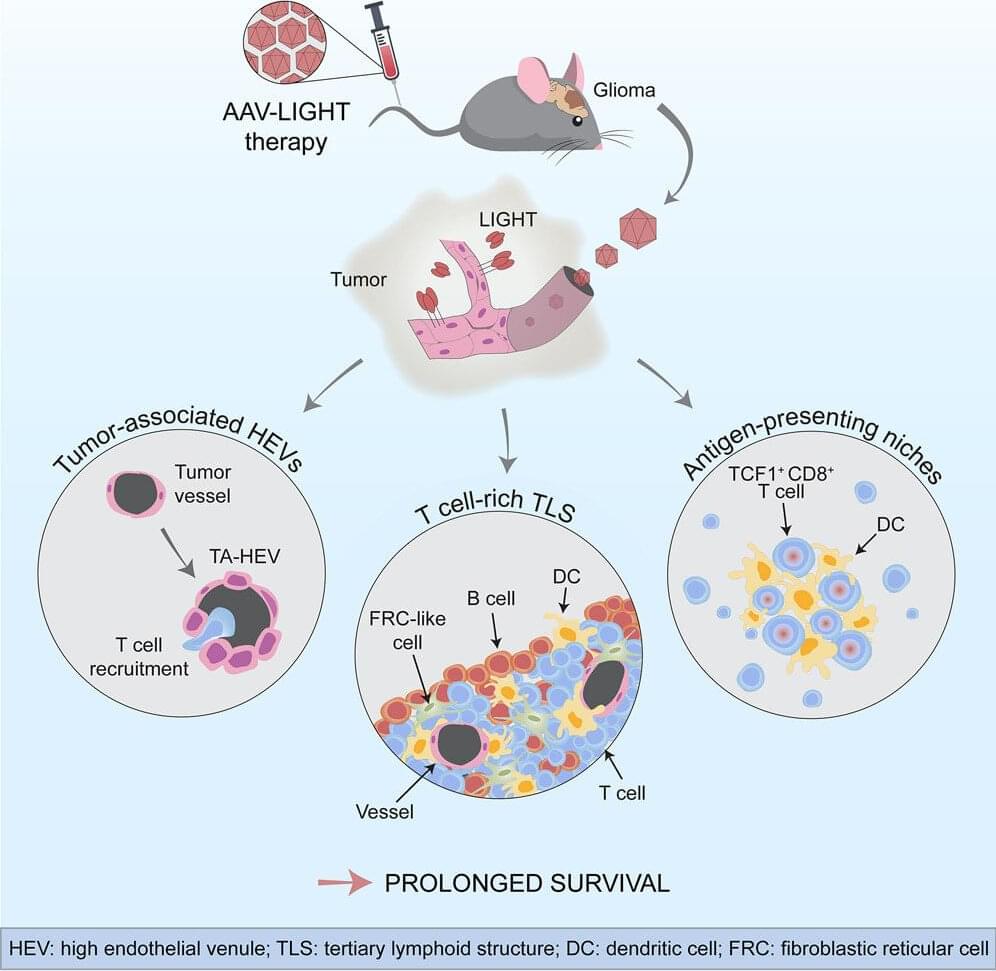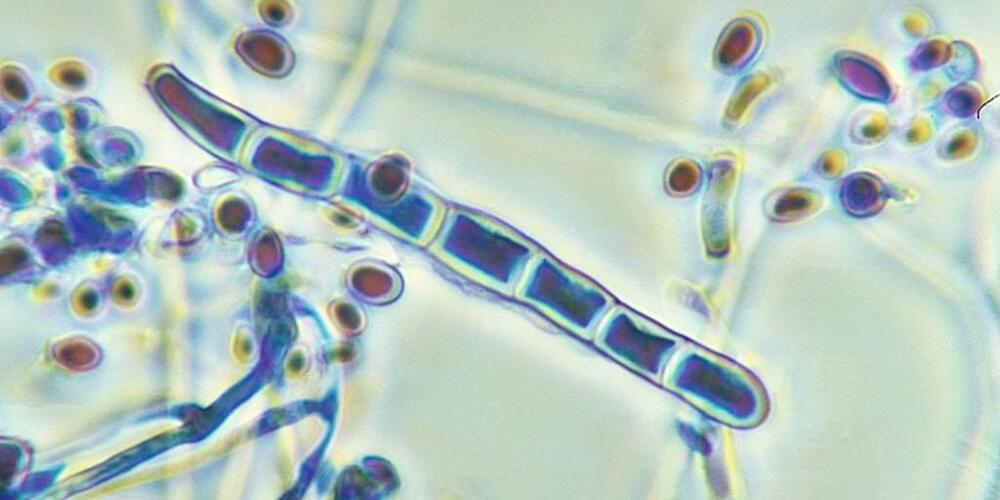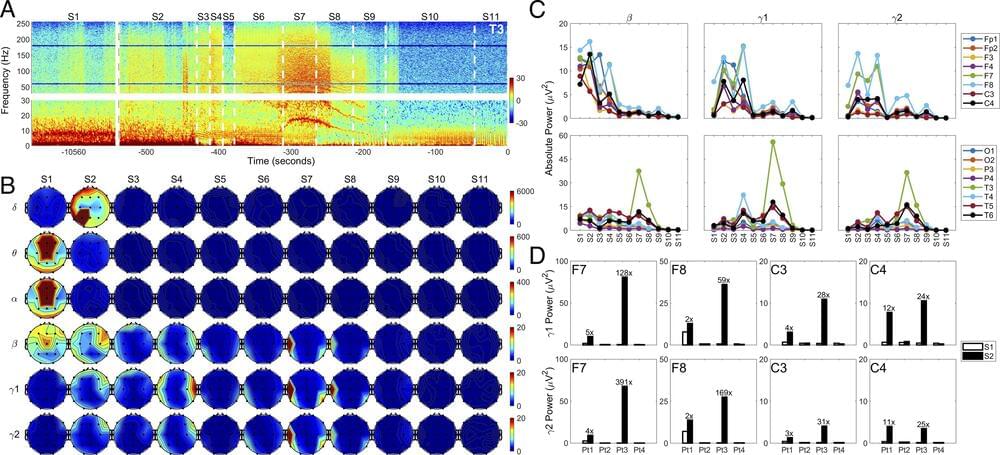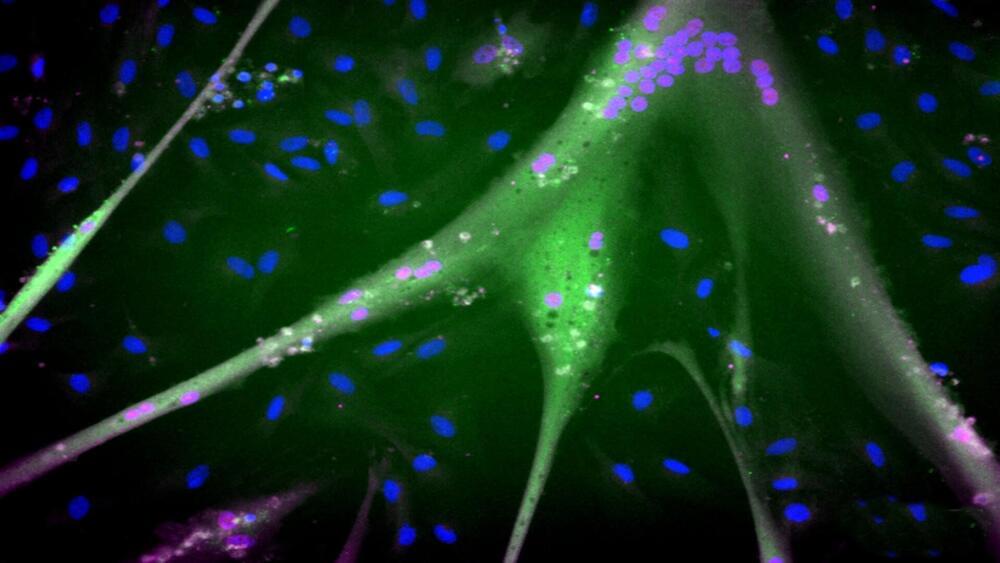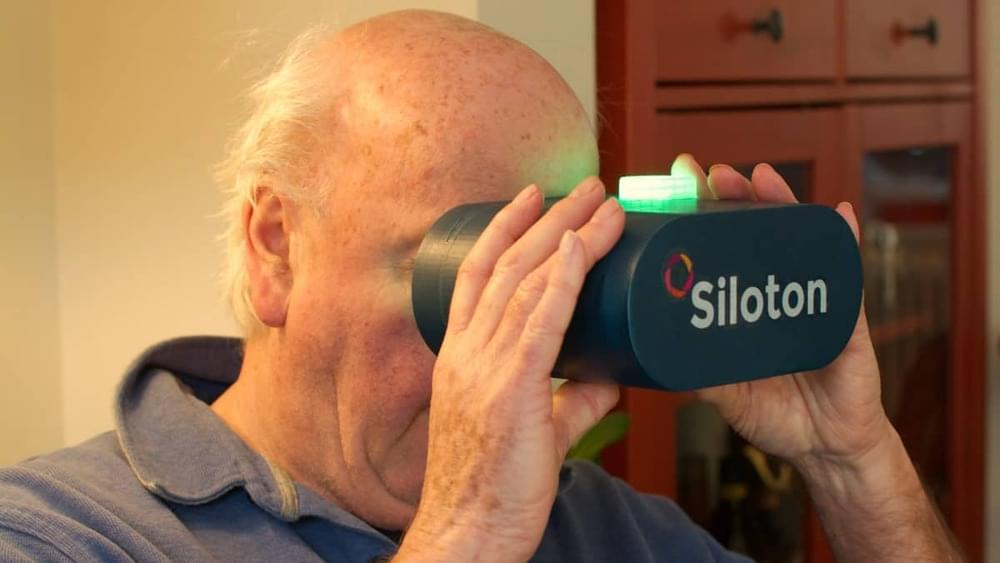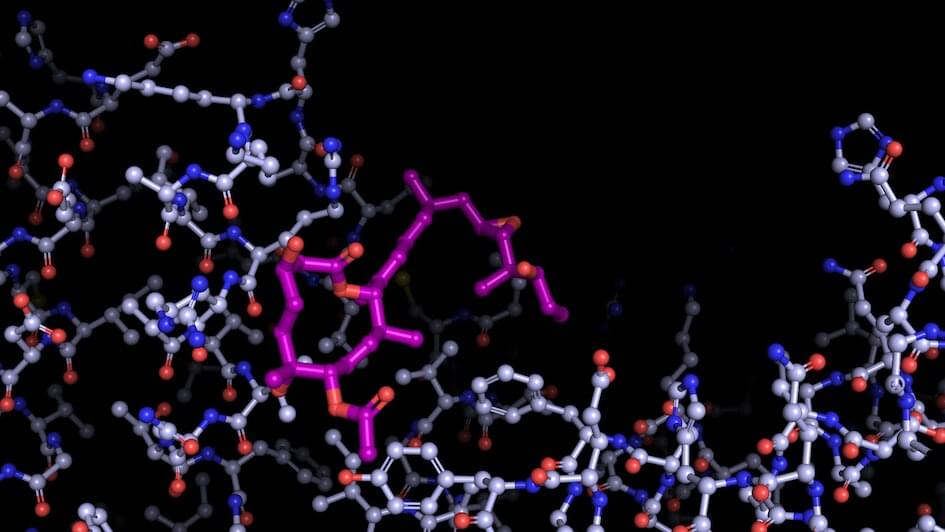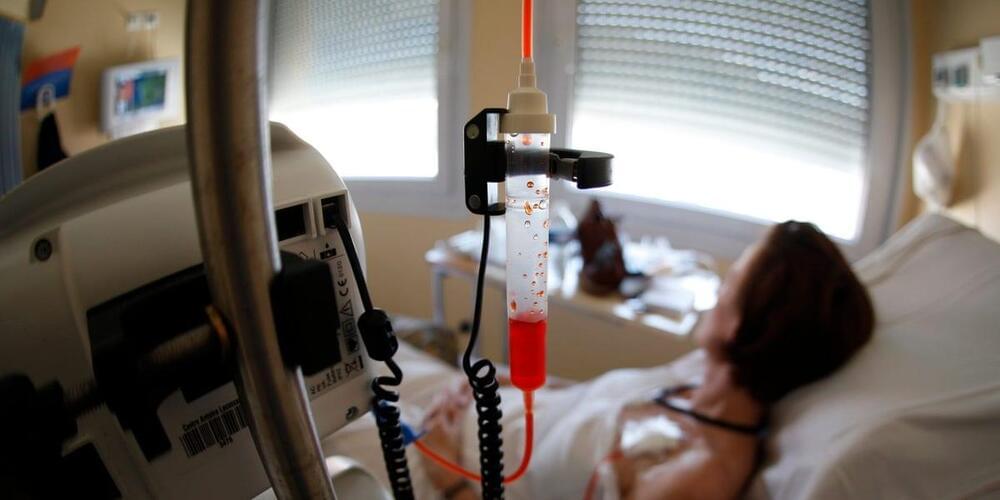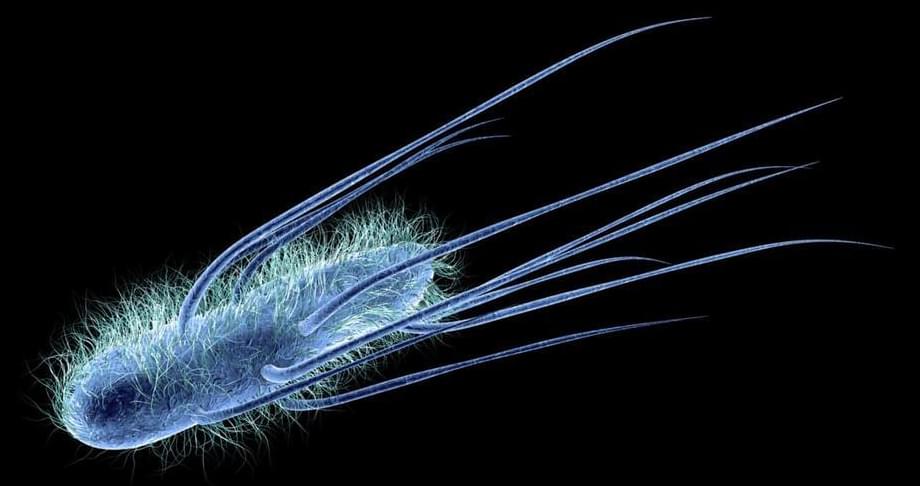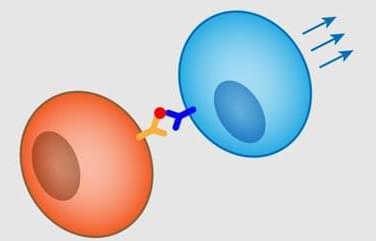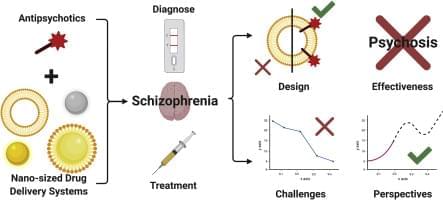Researchers from Uppsala University have developed a method that helps immune cells exit from blood vessels into a tumor to kill cancer cells. The goal is to improve treatment of aggressive brain tumors. The study has been published in the journal Cancer Cell.
Glioblastoma is an aggressive brain tumor that lacks efficient treatment. This is in part due to the ability of the tumor to suppress or evade the body’s natural anti-cancer immune response. Immunotherapy, using checkpoint inhibitors, can reactivate the immune system against cancer. However, for this type of treatment to be effective, specific immune cells known as killer T cells must be present within the tumor.
Unfortunately, blood vessels in brain cancer are dysfunctional and act as a barrier, preventing killer T cells from reaching the tumor. As a result, this form of immunotherapy, which is effective against many forms of cancer, is ineffective against brain cancers.
